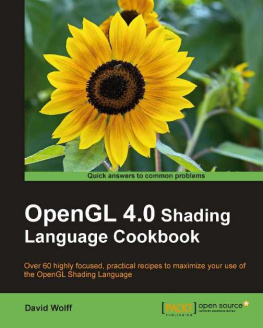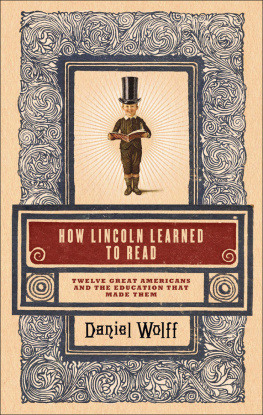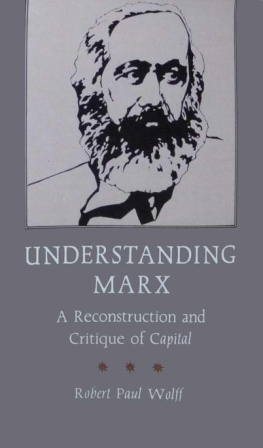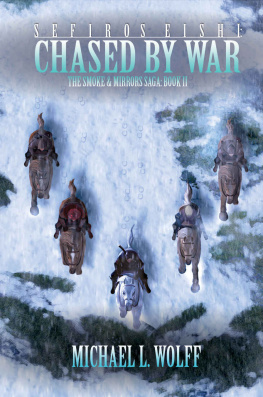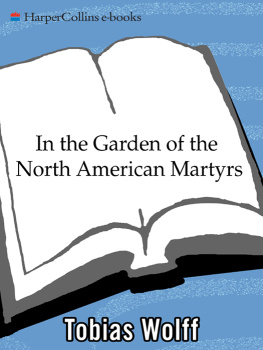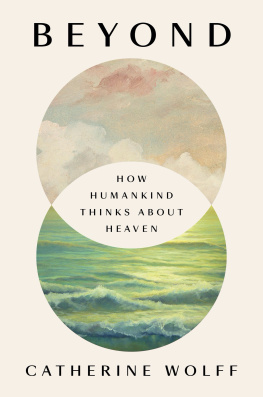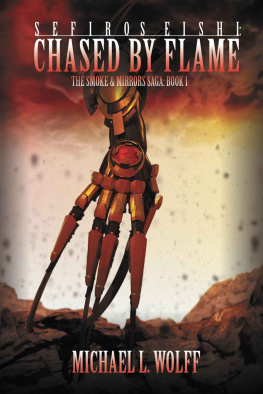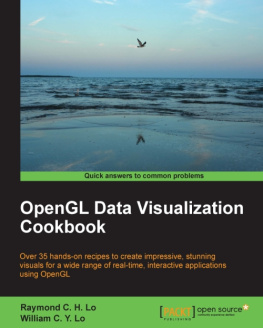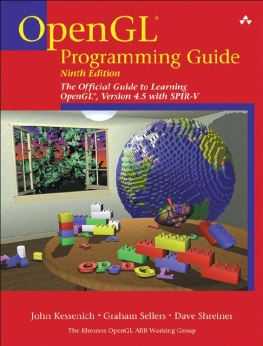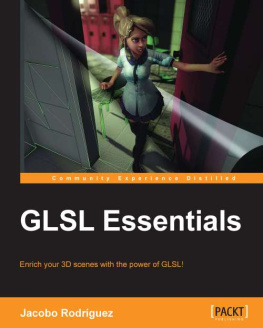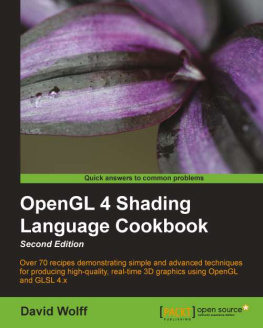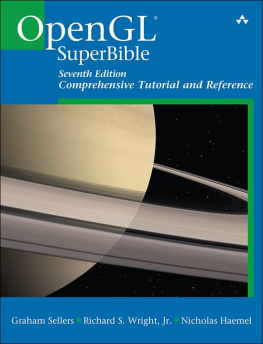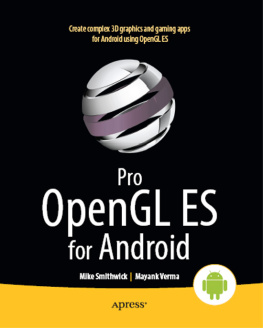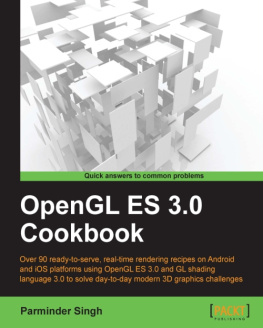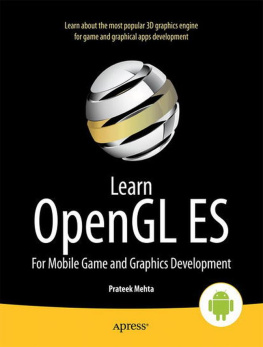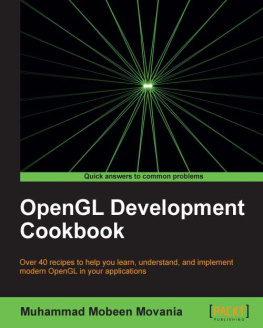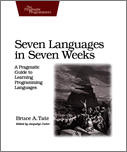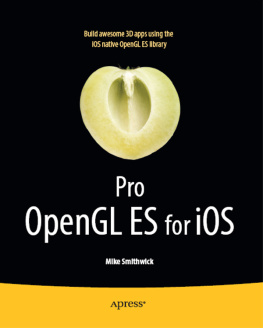Valentina J. Dsilva
About the Author
David Wolff is an associate professor in the Computer Science and Computer Engineering Department at Pacific Lutheran University (PLU). He received his PhD in Physics from Oregon State University. He has a passion for computer graphics and the intersection between art and science. He has been teaching computer graphics to undergraduates at PLU for over 10 years, using OpenGL.
Special thanks to Brandon Whitley for interesting discussions and helpful insights during the writing of this book. His help has been incredibly valuable. Thanks also to all of the reviewers and editors for their help.
I'd also like to thank my parents for a lifetime of support, love and encouragement.
About the Reviewers
MartinChristen graduated with a Computer Science degree. Today, he is a senior research associate at the Institute of Geomatics Engineering of the University of Applied Sciences Northwestern (FHNW) Switzerland. He is the lead developer of the open source virtual globe engine (http://www.openwebglobe.org).
Previously, he was software developer in the fields of 3D geoinformation and in 3D computer game development. His main research interests are GPU-programming, parallel computing, terrain-rendering, and 3D graphics engine architecture.
Nicolas Delalondre has been working on 3D computer graphics software for more than ten years mainly in OpenGL on desktop and mobile devices. Currently, he is a freelance developer at Digital Mind and an associate at Rhino Terrain where he develops geomodeling and meshing algorithms. Before joining Rhino Terrain, Nicolas was a 3D software engineer at Bionatics, a French startup, developing OpenGL engine and algorithms for geographic information system (GIS). Prior to working with Bionatics, he worked for INRIA (French research institute in computer science) in the radiosity field. Nicolas has a Master's degree in Computer Science from EFREI, France.
Markus Pabst has been working with OpenGL since 2002. He works in the digital mapping industry and has worked with the desktop and embedded versions of OpenGL. Since 2007, he has been leading a team of software engineers developing an embedded OpenGL-based cockpit display system for the Airbus A400M aircraft certified against DO-178B Level C standard. In 2005, he began teaching OpenGL at the German University of Applied Sciences Ravensburg-Weingarten.
Markus received his university degree in Multimedia Technologies from the Technical University of Ilmenau, in 2002. In the summer, you may find Markus on a sailing boat in southern Germany.
Brandon Whitley worked for four years as a graphics programmer for Zipper Interactive, a Sony Computer Entertainment Worldwide Studio. He earned his Masters degree in Computer Science from Georgia Institute of Technology. While obtaining his undergraduate degree at Pacific Lutheran University, he was inspired by the author of this book to pursue a career in computer graphics. Brandon is currently a graphics programmer at Bungie, creators of the Halo series.
I would like to thank my wife, Katie, and my son, Parker, for their love and support.
www.PacktPub.com
Support files, eBooks, discount offers and more
You might want to visit www.PacktPub.com for support files and downloads related to your book.
Did you know that Packt offers eBook versions of every book published, with PDF and ePub files available? You can upgrade to the eBook version at > for more details.
At www.PacktPub.com, you can also read a collection of free technical articles, sign up for a range of free newsletters and receive exclusive discounts and offers on Packt books and eBooks.
http://PacktLib.PacktPub.com
Do you need instant solutions to your IT questions? PacktLib is Packt's online digital book library. Here, you can access, read and search across Packt's entire library of books.
Why subscribe?
- Fully searchable across every book published by Packt
- Copy and paste, print and bookmark content
- On demand and accessible via web browser
Free access for Packt account holders
If you have an account with Packt at www.PacktPub.com, you can use this to access PacktLib today and view nine entirely free books. Simply use your login credentials for immediate access.
Preface
The OpenGL Shading Language (GLSL) Version 4.0 brings unprecedented power and flexibility to programmers interested in creating modern, interactive, graphical programs. It allows us to harness the power of modern GraphicsProcessingUnits ( GPUs ) in a straightforward way by providing a simple, yet powerful, language and API.
The OpenGL 4.0 Shading Language Cookbook will provide easy-to-follow examples that start by walking you through the theory and background behind each technique. It then goes on to provide and explain the GLSL and OpenGL code needed to implement them. Beginning through to advanced techniques are presented, including topics such as texturing, screen-space techniques, lighting, shading, tessellation shaders, geometry shaders, and shadows.
What this book covers

